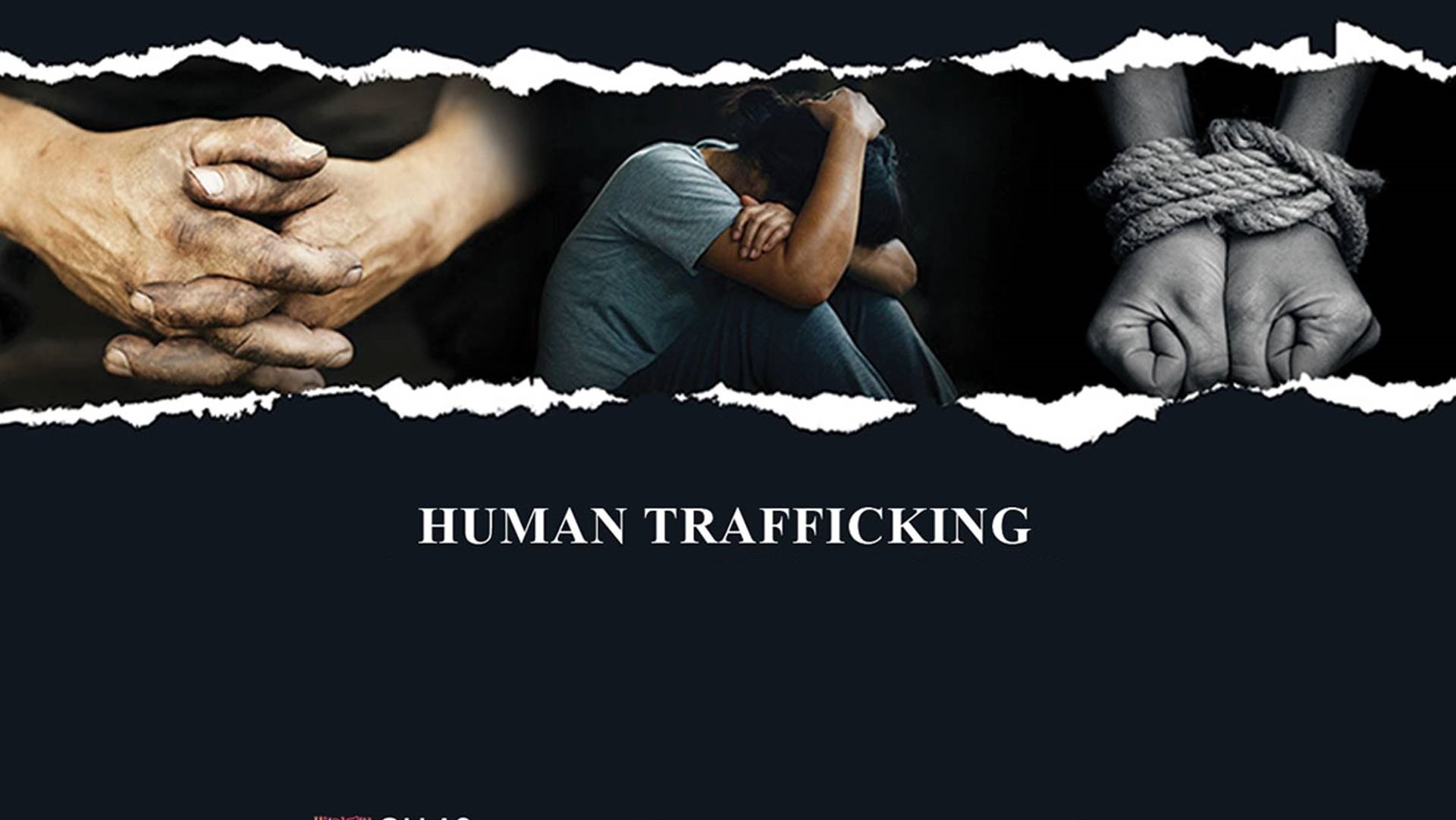The number of minors referred to the Assistance System for Victims of Human Trafficking increased significantly in 2021, which was more than double compared to the last year, said Finnish Immigration Service (Migri) in a press release on Friday, referring to the most recent Annual Review

A total of 28 under 18 years old clients were admitted to the Assistance System in 2021 and 27 of them had been victims of exploitation indicating human trafficking outside Finland and one of abuse taking place in Finland.
In previous years, the number of minors admitted to the system varied between 10 and 14.
In most cases, human trafficking targeted at minors was linked to forced labor, sexual exploitation, and forced marriage.
Why the US Is Raising Pressure on China Over Treatment of Tibetans, Uyghurs
Some children have been victims of multiple types of human trafficking.
In 2021, those minors admitted to the Assistance System were asylum seekers in most cases.
The number of clients for the Assistance System who had been victims of human trafficking as minors are, however, significantly higher.
In total, 243 new clients were admitted to the Assistance System in 2021, one-third of whom (80 clients) reported that they had been victims of human trafficking as minors. However, most of them have entered the Assistance System as adults.
“We have noticed that human trafficking in minors often does not surface until the victims reach adulthood. If this abuse has been allowed to continue without the intervention of authorities, for example, it is possible that only as an adult can a person find the courage to talk about their experiences or be able to understand their exploitation,” said Katri Lyijynen, Deputy Director of the Assistance System for Victims of Human Trafficking.
As a child, these people have also been victims of forced labour or sexual exploitation or they have been forced into marriage. In addition, a child who has not yet reached the age of criminal responsibility may have been forced to engage in criminal activities.
“Children can be forced to commit crimes in which the risk of getting caught is high and for which an adult would most likely go to prison,” Lyijynen added.
Bulli Bai: India’s Muslim women again listed on app for ‘auction’
When a client entering the Assistance System as an adult reports that they had been a victim of human trafficking as a minor, the exploitation has usually taken place outside Finland.
However, the number of cases indicating human trafficking in Finland is on the increase. These cases are typically connected to sexual exploitation or forced marriage.
Meanwhile, in 2021, the number of new clients admitted to the Assistance System for Victims of Human Trafficking was 243, which is about the same as in the previous year. In addition, 48 clients’ children were admitted to the system.
Ninety-seven of the new clients had been victims of human trafficking that took place in Finland. Of those, 48 had been victims of forced labour and 21 of sexual exploitation, including exploitation in prostitution.
Twenty-two clients sought assistance on the grounds of forced marriage. There also continued to be cases of forced criminal activity, with four victims reporting that they had been victims of such exploitation. The number of victims of human trafficking that took place in Finland and referred to the Assistance System was slightly lower than in the previous year.
A total of 123 new clients were exploited in Finland in 2020, whereas in 2021 the number was 97.
At the end of the year 2021, there were a total of 1132 clients in the Assistance System.
Napomena o autorskim pravima: Dozvoljeno preuzimanje sadržaja isključivo uz navođenje linka prema stranici našeg portala sa koje je sadržaj preuzet. Stavovi izraženi u ovom tekstu autorovi su i ne odražavaju nužno uredničku politiku The Balkantimes Press.
Copyright Notice: It is allowed to download the content only by providing a link to the page of our portal from which the content was downloaded. The views expressed in this text are those of the authors and do not necessarily reflect the editorial policies of The Balkantimes Press.
